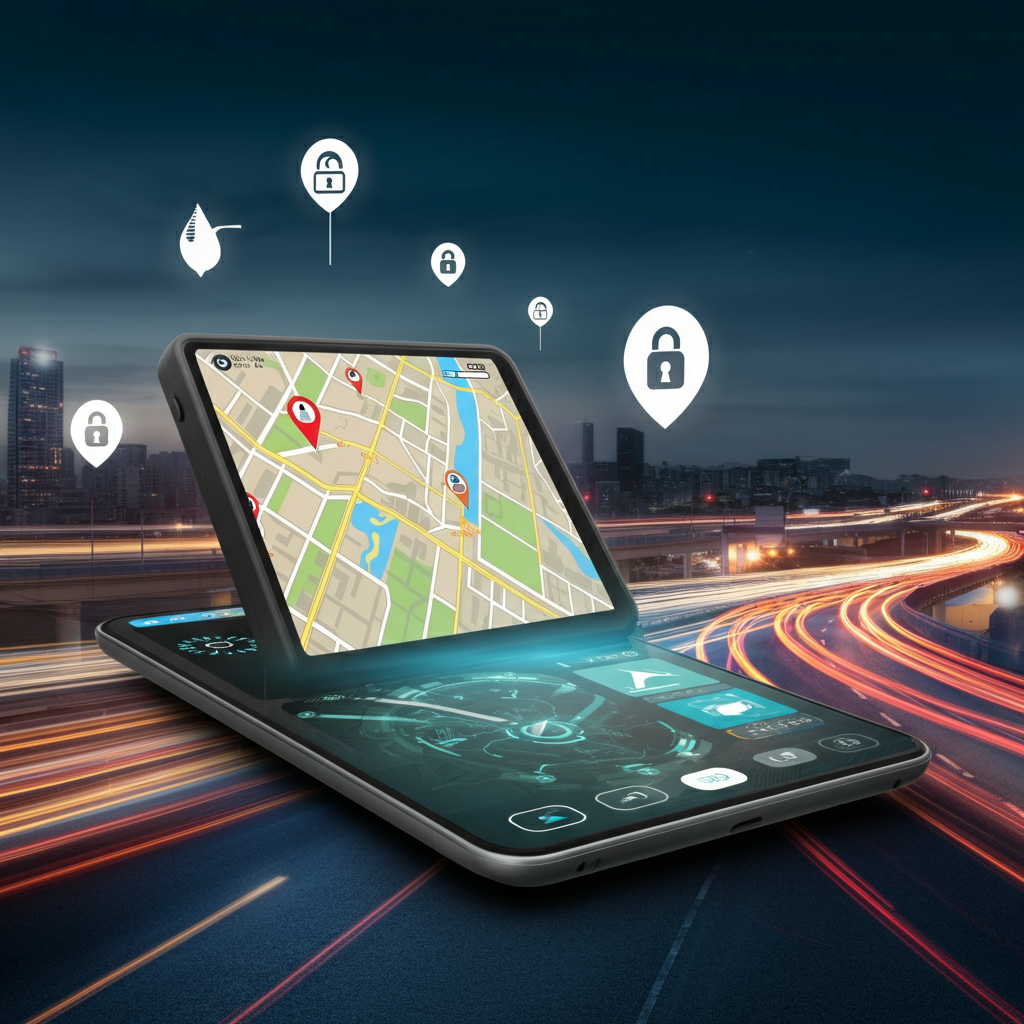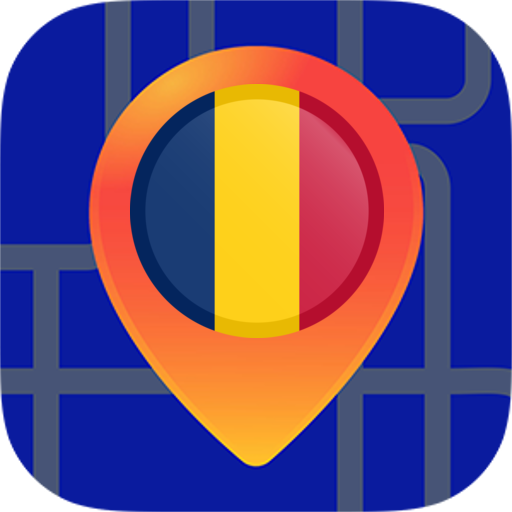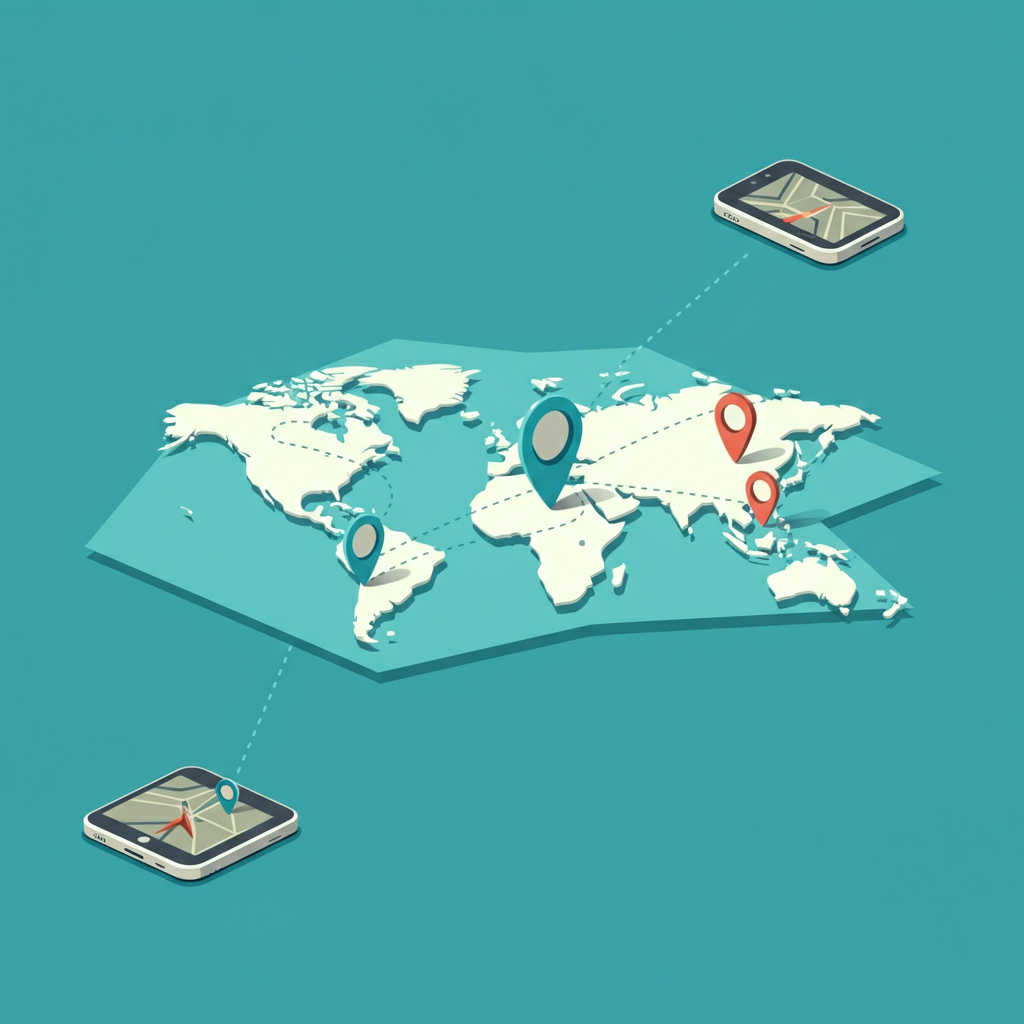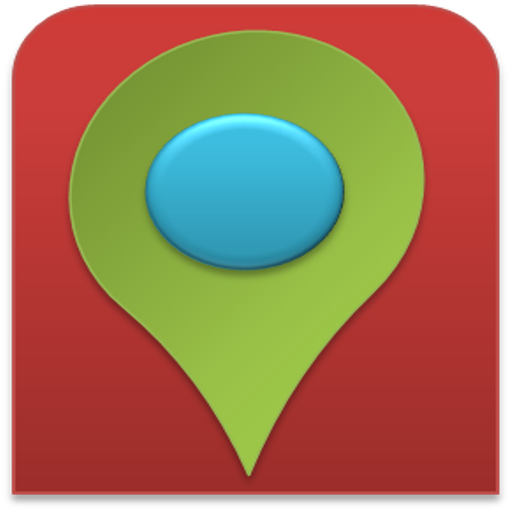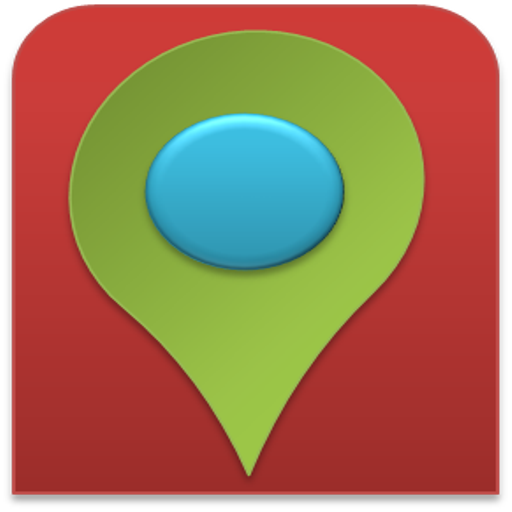The user can quickly search the details for a specific Section Number within the Law & Acts by entering the corresponding Section Number


| Name | My Location |
|---|---|
| Publisher | Hayasree Tech |
| Genre | Maps Navigation |
| Size | 2MB |
| Version | 2.0 |
| Update | July 11, 2025 |
| Get it On | Play Store |
| Report | Report Apps |
Preview
Understanding My Location: Your Complete Guide to Location Services
Your phone knows where you are right now. Whether you’re sitting at home, walking through a busy city, or driving on the highway, your device can pinpoint your exact position within a few meters. This capability, commonly referred to as “My Location,” has become so seamlessly integrated into our daily lives that we rarely pause to consider how it works or what it means for our privacy and convenience.
My Location represents the digital representation of your physical whereabouts, determined through a sophisticated combination of technologies working together. From helping you navigate unfamiliar streets to enabling emergency responders to find you in a crisis, location services have revolutionized how we interact with the world around us. Yet with this convenience comes important questions about privacy, accuracy, and control over our personal data.
This comprehensive guide explores everything you need to know about My Location services, from the underlying technology that makes it possible to practical tips for managing your location privacy and improving accuracy across your devices.
What is My Location and How Does It Work?
My Location refers to the real-time geographical coordinates that your device determines and shares with applications and services. This seemingly simple concept relies on multiple sophisticated technologies working in harmony to provide accurate positioning information.
The Technology Behind Location Detection
Your device uses three primary methods to determine your location, often combining them for maximum accuracy:
GPS (Global Positioning System) serves as the foundation of location tracking. Your device communicates with satellites orbiting Earth to triangulate your exact position. GPS typically provides accuracy within 3-5 meters under ideal conditions but can be affected by weather, buildings, and geographical features.
Wi-Fi positioning supplements GPS by identifying nearby wireless networks and comparing them to databases of known network locations. This method proves particularly useful indoors or in urban areas where GPS signals may be weak or obstructed.
Cellular tower triangulation uses your connection to mobile phone towers to estimate your location. While less precise than GPS, this method provides valuable backup positioning data, especially in areas with poor GPS or Wi-Fi coverage.
Modern devices seamlessly switch between these methods or combine them to provide the most accurate location data possible. This fusion of technologies ensures that My Location remains functional across diverse environments and conditions.
Privacy Concerns and Location Tracking
Location tracking raises significant privacy considerations that every user should understand and actively manage. Your location data reveals intimate details about your daily routines, personal relationships, work habits, and lifestyle choices.
Understanding Data Collection
Apps and services collect location data for various purposes. Some use this information to provide core functionality, like navigation apps that need your position to offer turn-by-turn directions. Others collect location data to enhance features, such as social media apps that suggest nearby friends or local businesses.
However, location data also enables targeted advertising, user behavior analysis, and data monetization. Some companies build detailed profiles of user movements to sell to advertisers or use for market research purposes.
Managing Your Location Privacy
Taking control of your location privacy requires proactive management of your device settings and app permissions.
Review app permissions regularly by checking which applications have access to your location data. Many apps request location access during installation but don’t actually need it for core functionality. Disable location access for apps that don’t require it for their primary purpose.
Understand precision levels by utilizing granular location settings available on modern devices. You can often choose to share approximate location rather than precise coordinates, or limit location sharing to only when actively using an app.
Monitor location history by reviewing and managing the location data your device stores. Both iOS and Android devices maintain location history databases that you can view, edit, or delete entirely.
Consider location sharing carefully before enabling features that share your location with friends, family, or social media platforms. While convenient, these features can compromise your privacy if not managed thoughtfully.
Benefits of My Location Services
Despite privacy concerns, My Location services provide substantial benefits that have transformed how we navigate, communicate, and respond to emergencies.
Navigation and Travel
GPS-enabled navigation has revolutionized travel by providing real-time directions, traffic updates, and route optimization. Modern navigation apps use your location to offer dynamic routing that adapts to current traffic conditions, helping you avoid congestion and arrive at your destination faster.
Location services also enable features like location-based reminders, which can alert you to pick up groceries when you’re near the store or remind you to call someone when you arrive at a specific location.
Social Networking and Local Discovery
Social media platforms leverage location data to connect users with local events, businesses, and communities. Location-based social features help you discover restaurants, entertainment venues, and services in your immediate area.
These services also enable location-based social networking, allowing you to connect with friends nearby or share your location with family members for safety and coordination purposes.
Emergency Services and Safety
My Location services play a crucial role in emergency response systems. When you call emergency services, your location data helps dispatchers send help to your exact position, potentially saving precious time in life-threatening situations.
Many devices also include automatic crash detection and fall detection features that can automatically share your location with emergency contacts or services when sensors detect a potential emergency.
Optimizing Location Accuracy Across Devices
Location accuracy can vary significantly based on device settings, environmental factors, and usage patterns. Understanding how to optimize these settings ensures you get the most reliable location data possible.
Device-Specific Optimization
iPhone users can improve location accuracy by ensuring Location Services are enabled in Settings > Privacy & Security > Location Services. Enable “Precise Location” for apps that need accurate positioning, and consider enabling “Share My Location” for family safety features.
Android users should verify that Location is enabled in Settings > Location, and ensure “High Accuracy” mode is selected to use all available positioning methods. The Google Location Accuracy setting can further improve precision by allowing Google to use additional data sources.
Environmental Considerations
Location accuracy depends heavily on your environment. GPS signals work best outdoors with clear views of the sky. Indoor locations, dense urban areas with tall buildings, and areas with heavy cloud cover can reduce GPS accuracy.
Wi-Fi positioning becomes more important in these challenging environments, so keeping Wi-Fi enabled (even when not connected to networks) can improve location accuracy by providing additional positioning data.
Battery Management
Location services consume significant battery power, particularly when using GPS continuously. Modern devices include battery optimization features that balance location accuracy with power consumption.
Consider using battery-saving location modes when high precision isn’t necessary, and review which apps have permission to access location data in the background to minimize unnecessary battery drain.
Location-Based Technology Trends
The future of location services continues to evolve with advancing technology and changing user needs. Several emerging trends will shape how we interact with My Location services.
Enhanced Indoor Positioning
Indoor positioning systems are becoming more sophisticated, using technologies like ultra-wideband (UWB), Bluetooth beacons, and improved Wi-Fi positioning to provide precise location data inside buildings. These advances will enable new applications like indoor navigation in large venues, asset tracking, and location-based automation.
Augmented Reality Integration
Augmented reality applications increasingly rely on precise location data to overlay digital information onto real-world environments. As AR technology advances, location accuracy becomes even more critical for creating convincing and useful augmented experiences.
Privacy-Focused Innovations
Technology companies are developing new approaches to location services that prioritize user privacy while maintaining functionality. These include on-device processing of location data, differential privacy techniques, and user-controlled data sharing mechanisms.
Making the Most of Your Location Services
My Location services represent a powerful tool that can enhance your daily life while requiring careful consideration of privacy and accuracy trade-offs. The key lies in understanding how these services work and making informed decisions about when and how to use them.
Start by auditing your current location settings and app permissions. Remove unnecessary access while ensuring that essential apps and services can function properly. Regular reviews of your location privacy settings help maintain the balance between convenience and privacy that works best for your lifestyle.
Consider the accuracy requirements of different applications and adjust your settings accordingly. Navigation apps benefit from high-precision location data, while weather apps may work perfectly well with approximate location information.
As location-based technology continues advancing, staying informed about new features and privacy options ensures you can take advantage of improvements while maintaining control over your personal data. The future of My Location services promises even greater integration with our daily lives, making thoughtful management of these capabilities more important than ever.
Download My Location
You are now ready to download My Location for free. Here are some notes:
- Please check our installation guide.
- To check the CPU and GPU of Android device, please use CPU-Z app



